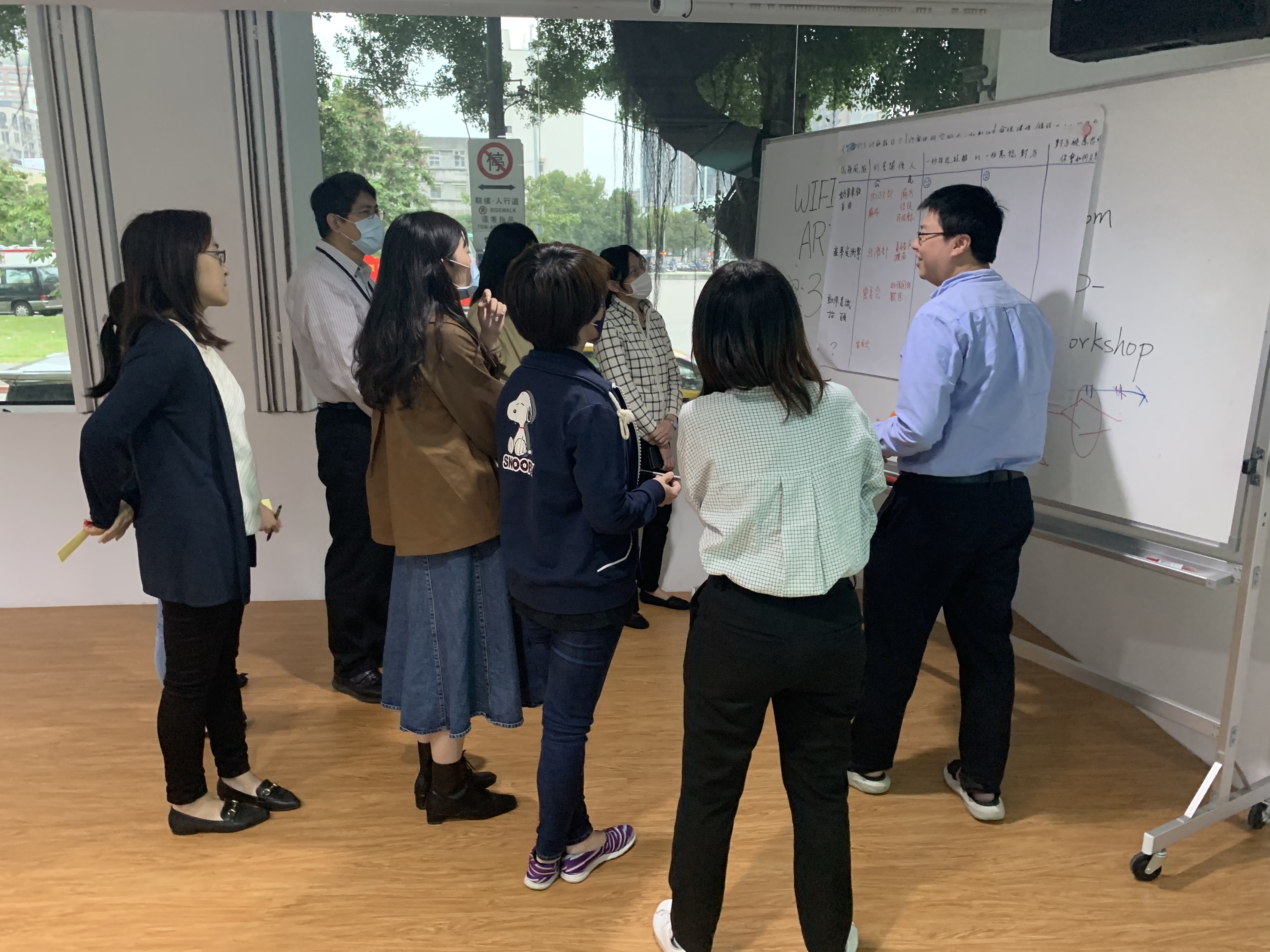"Taking all the sides"
What's interesting is that there is often a fine line between getting closer and angering each other.
Public policy involves everyone, with different experiences and positions. In order to achieve communication from “speaking” to “dialogue”, it is necessary to understand the ideas of all parties before they can try to promote discussion. Therefore, when our office conducts open government training courses, we often practice a mini game for civil servants: “annoying each other in one second” and “close the distance in one second.”
Why do you do this? We believe that taking some time to consider their own challenges and difficulties and establishing empathy is the first step to smoothly narrowing the distance between all parties.
We will ask everyone to imagine that the next meeting to be handled requires multiple representatives to participate. And what should be said to these people in the first sentence of the call? Let’s take the case of the joint signing of the “terminating the sacred pig weight competition” as an example. Let everyone understand that there are stakeholders in this case, such as pig farmers, animal protection groups, temples hosting competitions, etc. Let everyone enter the discussion of empathy.
Prescribing a position and drawing conclusions too quickly are common ways to irritate the other person. How to anger each other in one second? When I saw the pig farmers, I told them at the beginning: “There is a proposal from netizens to ban the sacred pig weight competition.” Or when calling the animal protection group, tell them, “Does your proposal obliterate the culture? And religious freedom?”
Take a step back and understand each other’s experience first, which can often narrow the distance between each other. “I hope you can share practical experience so that everyone can understand the difficulties of pig farmers.” If you can go further, stand on their stand and take their difficulties and challenges into consideration: “If you can’t raise pigs, your livelihood should be great. We don’t want it to be affected, so we need to hear your voice.”
Interestingly, there is often a fine line between getting closer and angering each other. For example, we invite colleagues in public affairs to think about how to invite relevant ministries to participate. Someone replied “respectfully invites members of the XX Ministry to participate” in the form of official documents, and felt that this would be fine. I don’t know that everyone likes to receive such official documents the most. Even if you send a representative to attend, you may have reservations and formal participation in experience sharing. To put it another way, if you can take the initiative to “choose each side,” explain the context of the meeting from the standpoint of all parties, and take the initiative to inquire about your wishes and ideas, colleagues in other ministries will often be more willing to invest and become partners in advancing the issue together.
Listen to each other’s difficulties, it is possible to start a dialogue. Through dialogue, it is possible for us to understand each other and come up with further solutions. In the collaborative meeting, in this way, pig farmers, animal protection groups, temple authorities, folklore experts and competent authorities can listen to each other face to face and discuss alternative ritual plans that take into account the freedom of religious sacrifice and the welfare of animals.

 (This work is licensed under a Creative Commons Attribution 4.0 International License.)
(This work is licensed under a Creative Commons Attribution 4.0 International License.)